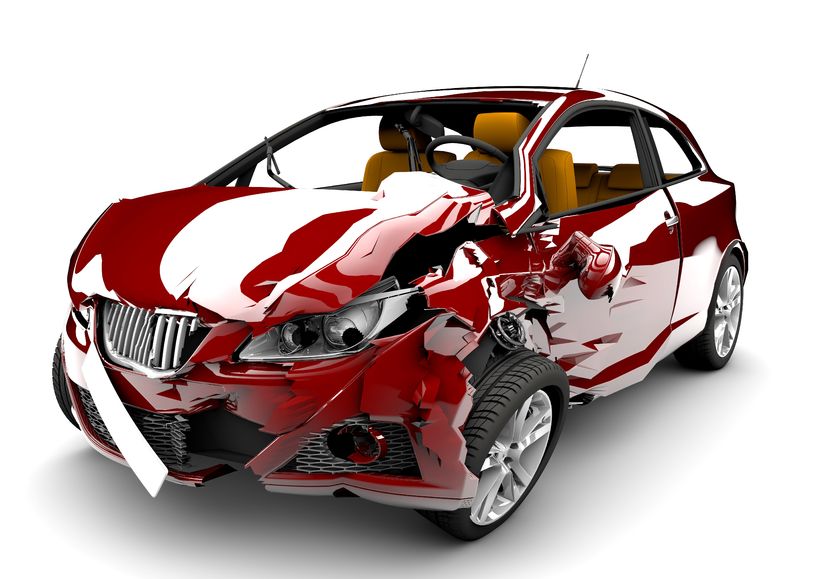What Is TMJ?
What Is TMJ?
First, the technical answer.
TMJ stands for TemporoMandibular Joint. But the acronym is the commonly used term for TemporoMandibular Joint Syndrome (or Disorder or Dysfunction)
In this context, it is the common term for TemporoMandibular Joint Disorder. Everybody just calls is 'TMJ'. I'm going to too.
Basically, if you have jaw pain or problem, it's just called 'TMJ' for short.
Techinically TMJ is a repetitive strain injury, though it can be the result of a sports injury, dental work and implant dentistry, and even just mental stess and mental trauma.
Feb 1st or sooner!

What Is TMJ?
What IS TemporoMandibular Joint Disorder?
Having Temporomandibular Joint Disorder is having a Pain Causing Dynamic in the jaw.
Also called TemporoMandibular Joint Dysfunction, and TemporoMandibular Joint Syndrome.
TMJ is, technically, Tendonitis of the jaw tendons that move and support the bones of the jaw joint.
And, it's a lot bigger than that.
I'm going to shy away from the technical definition, because it doesn't really help you at all. It just says there is inflammation of the TMJ, and possible alignment and muscle imbalances.
I'm going to explain in depth what is the TMJ dynamic. Once you understand what it is, what exactly is going on in the jaw and surrounding areas, then you can start using the right tools to make it happy and healthy again.
TMJ is the most common cause of jaw joint pain.
What Is TMJ?
Temporomandibular Joint Syndrome
Like all syndromes, TMJ syndrome is nothing but a label for a collection of symptoms.
You can have all the Symptoms of TMJ, -and- not have injury or real problem in the jaw.
Don't get me wrong. Pain is real. Headaches and clenching jaw is real. I'm not saying that there's isn't a physical problem, I'm just saying that you aren't necessarily injured, or have any damage.
Looking at a bell curve, only at the far end of the spectrum will people have actual joint damage, jaw arthritis, ligament damage, lock jaw that dislocates the jaw, etc.
And most of that is only because people started out on one end of the spectrum, and quickly or slowly progressed to the bad end.
Here is an interesting distinction: You can have jaw Tendonitis where there is Inflammation and pain but NO injury, or you can have Tendonitis of the jaw with Inflammation AND rip and tear injury.
The former is better, obviously. But generally with TMJ Tendonitis, if there is any actual tendon damage, it is very very minor.
What Is TMJ, Really?
For the vast majority of people, TMJ is a Downward Spiral of increasing tightness and pain.
It's as simple as that.
Due to a variety of possible factors, the muscles in and around the jaw, head and neck all get tight. Too tight. Then they start to stay tight and connective tissue shrink wraps and compresses everything down.
Then you chronically contract the muscles of the jaw, which creates a whole other set of negative factors.
This sets up a dynamic of jaw clenching, grinding, and tension that ultimately creates more pain and more tightness.
If you want a TMJ cure, then reverse the dynamic, and everything gets better. It's as simple and as complex as that.
What Is TMJ?
TMJ Symptoms
There is a broad spectrum of TMJ Symptoms.
Every person and every jaw is different.
But again looking at the Bell Curve, most people fall within a range of common symptoms and severity.
It is valuable for you to know that even severe pain and tightness is part of that spectrum.
It can get worse on it's own, or you can help it get better.
Due to constant and increasing tightness, the most common and primary symptoms of TMJ are:
* Migraines
* Mild to Severe Headaches anywhere around the head
* Cluster headaches
* Sensitive skin on the face and head
* "Sinus Type" headache
* Clenching during the day or at night
* Grinding teeth at night (bruxism)
Both of clenching and grinding can cause tooth pain, sensitive teeth, and gum problems.
* Pain in the jaw
* Limited Range of Motion of the jaw
* Inability to open the jaw smoothly or evenly
* Jaw pulls to one side when opening
* Clicking or popping
Every single TMJ symptom is ultimately due to muscles being too tight for too long.
It is important to understand the Pain Causing Dynamic to see how TMJ symptoms are inevitable once the process starts.
The key here is, TMJ symptoms feed on themselves to create more pain and problem.
Reverse the Pain Causing Dynamic, and Symptoms will go away.
Even if you have SEVERE TMJ, there is not reason that you can't lower the pain levels significantly.
What is TMJ? TMJ is a dynamic that you can fully understand and then for the vast majority of people, effectively treat.
Follow this link for in depth explanation of the why and how of Symptoms of TMJ.
Related Topics on TendonitisExpert.com:
What Is TMJ?
Signs Of TMJ
Whether on yourself or someone near you, early onset signs of TMJ are:
* Waking up with ache in the jaw
* The beginnings of grinding teeth at night, and/or clenching
* Complaints of jaw pain. Keep on the lookout for new complaints
* A feeling like the jaw isn't in the right place/is not aligned
Signs of TMJ after that are, really, Symptoms of TMJ.
What Is TMJ?
Causes Of TMJ
There are a variety of causes of TMJ.
TMJ disease like infection in the TMJ or bone disease is certainly a possibility, but it's not what we're talking about here.
On this site we are talking about the signs symptoms of TMJ caused by the following set of factors.
It can be mental stress. It can be stress from trauma, both physical and mental.
An injury or blow to the jaw can set off the fast or slow development of TMJ.
Overusing the jaw can cause TMJ.
Ironically enough, having a different dynamic of frequent headaches, or any other kind of pain, actually, can result in TMJ.
You can have TMJ even though there is nothing wrong with the jaw, because the TMJ dynamic itself can be symptom of some other issue going on.
For instance, getting whiplash injury to the neck and shoulders can eventually cause TMJ symptoms. Same goes for shoulder and back injury. Sometimes even injuries lower on the body.
Nutritional deficiencies and 'eating badly' can cause TMJ. The stress on the body from not having good nutrition can and does result in the jaw tightening/clenching.
What Is TMJ?
TMJ Treatment Options
If you're in pain TMJ treatment is a smart thing to start. But like all things, there is a correct tool for every job. If you don't use the RIGHT tool, you will get unsatisfactory results.
If you are eating cereal, you use a spoon. It's the perfect tool! If you try to use a shovel to eat your cereal....you aren't likely to get the results that you want.
Same with options for the treatment of TMJ and Tendonitis of the jaw.
TMJ Treatment Topics for future page(s):
Ear Pressure TMJ and Ear Pain TMJ
TMJ Chiropractic
TMJ Disease - SEE A DOCTOR ASAP
TMJ Home Remedy
TMJ Massage
Magnesium for Tendonitis and TMJ
TMJ Physical Therapy
TMJ Surgery
Return to the top of this What Is TMJ? page.
Go to the Signs Symptoms of TMJ page.
Go to the main Tendonitis page.
Go to the TendonitisExpert.com homepage.

